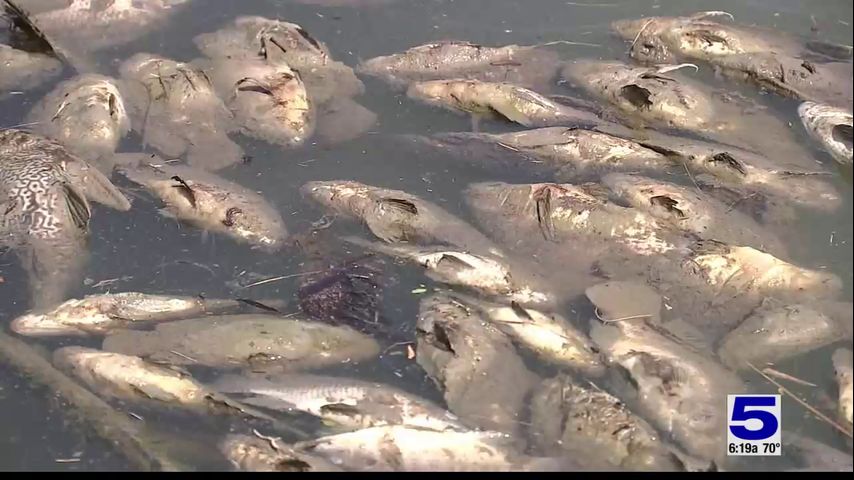'Fish kill' sightings continue along the Texas Coast— experts say tap water is not affected
The effects of the winter storm are still being felt through the Valley's ecosystem. The 'fish kills' that started along the Texas Coast have made their way into Brownsville's treasured water systems.
It's a problem that occurs during cold weather and experts say the kills should not be a hazardous concern for residents.
Brownsville Engineering and Public Works Director Armando Gutierrez said since the 'fish kill' washes are widespread throughout the region, "it signifies that this is not an isolated case" due to a spill or contamination.
Some of the city's resacas are filled by Brownsville PUB, as part of the Resaca Restoration program.
Senior Communications Coordinator for Brownsville PUB Cleiri Quezada said water will not affect customer taps.
"BPUB has its own laboratory that tests chlorine levels," Quezada said. "All those levels, those are for drinking purposes. The rest of the water never mixes."
As a self-sufficient utility company, BPUB was able to keep water flowing into homes during the winter storm and even provided tankers to areas without potable water.
But with the kills affecting water sources everywhere, Quezada said tap water is treated before it's ready to drink.
"All that water is all the time being tested," she said. "Before it goes into the reservoir from the river. And then after it reaches the water plans and then after it reaches people's homes."
Not wanting to take any chances with the resacas either, Brownsville Public Health is monitoring the water as Public Works tries to collect fish before they become a hazard.
Gutierrez said historically the fish kill will continue for the next couple of weeks. He added that if you see fish floating after crews stop by, don't touch them and make a report by calling (956) 546-4357.





